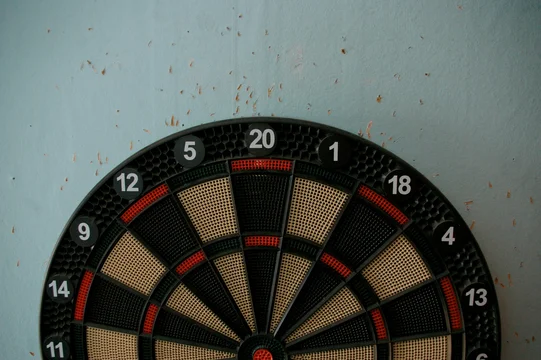Bay Materials, LLC v. 3M Company, C.A. No. 21-1610-RGA (D. Del.) is a competitor patent infringement case where a smaller company is trying to prevent a larger competitor—3M—from allegedly copying its "flagship product," a "multilayer polymer sheet material" called "Zendura™ FLX."
The plaintiff moved for a preliminary injunction immediately upon filing the case, and the parties filed a stipulation agreeing to a discovery and briefing schedule. The parties disputed whether the defendant should be able to take an FRCP 30(b)(6) deposition of the plaintiff as part of the preliminary injunction discovery.
Defendant sought the 15-topic FRCP 30(b)(6) deposition to prevent plaintiffs' witnesses from "claim[ing] a lack of knowledge about relevant topics." Plaintiff argued that the notice was overbroad and "cover[ed] nearly all aspects of patent litigation," and that plaintiff's concern about witnesses claiming a lack of knowledge was premature.
The Court agreed with plaintiff, and declined to permit a broad FRCP 30(b)(6) deposition prior to the preliminary injunction hearing:
ORAL ORDER: . . . Defendants request for a Rule 30(b)(6) deposition is DENIED. Defendants Rule 30(b)(6) notice . . . appears to cover essentially all possible issues in the case.
The Court did, however, provide the defendant with an out if its worries turn out to be correct:
If after depositions are completed, on March 25, . . . the parties have met and conferred, and there is good cause for a Rule 30(b)(6) deposition on one or more narrow topics, Defendant may renew its request by letter within four business days of March 25 with Plaintiff permitted to respond within two business days of Plaintiffs letter.
It looks like a narrower Rule 30(b)(6) notice might have made it through—but, of course, it might not have accomplished the defendant's goals.
If you enjoyed this post, consider subscribing to receive free e-mail updates about new posts.





